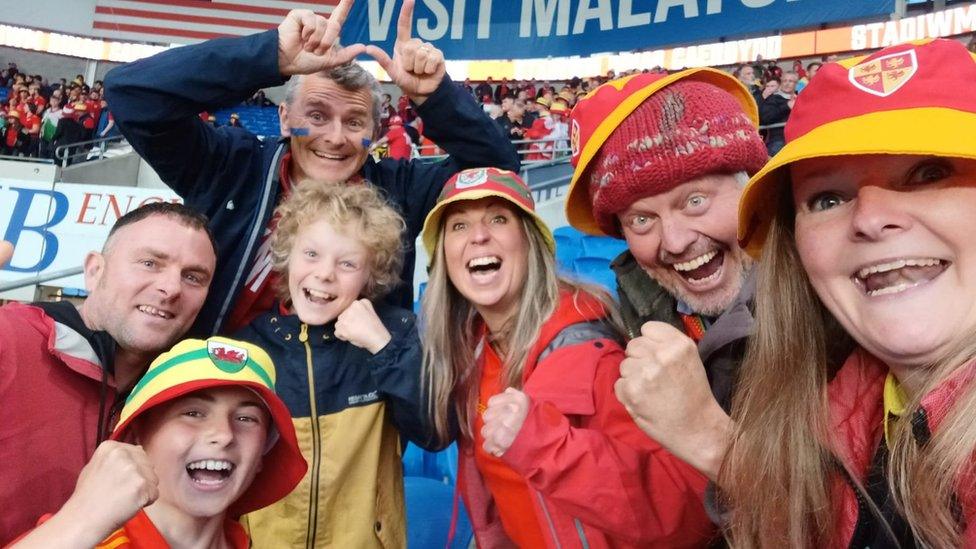World Cup: Qatar protests 'not a beauty pageant' - FAW boss
- Published
The chief executive says the Football Association Wales is pushing for change.
Speaking out on human rights at the World Cup is not a competition, the boss of Welsh football has said.
The FAW is supporting the LGBT+ OneLove initiative during the World Cup in Qatar - where same-sex relationships and their promotion is criminalised.
However, with the tournament two weeks away, some have questioned if Wales can do more to match other countries.
Noel Mooney said "it's not a beauty pageant" and the FAW had made it clear it had been "proactive".
The Chief Executive of the Football Association of Wales (FAW) was speaking at the launch of the organisation's first sustainability strategy - Cymru, wellbeing and the world - where fans are encouraged to plant a tree in memory of a loved one.
He said: "I think we've made our statements very clear from early on and our players have spoken out.
"We've worn the OneLove armband leading up to this, so I think we've made our views pretty clear and we've been pro-active in the Uefa [Union of European Football Associations] working group in how we deal with things."
The OneLove campaign was started by the Netherlands to promote diversity and inclusion and stand up against discrimination.
Belgium, Denmark, France, Germany, Norway, Sweden, Switzerland and England have also pledged support to the initiative.
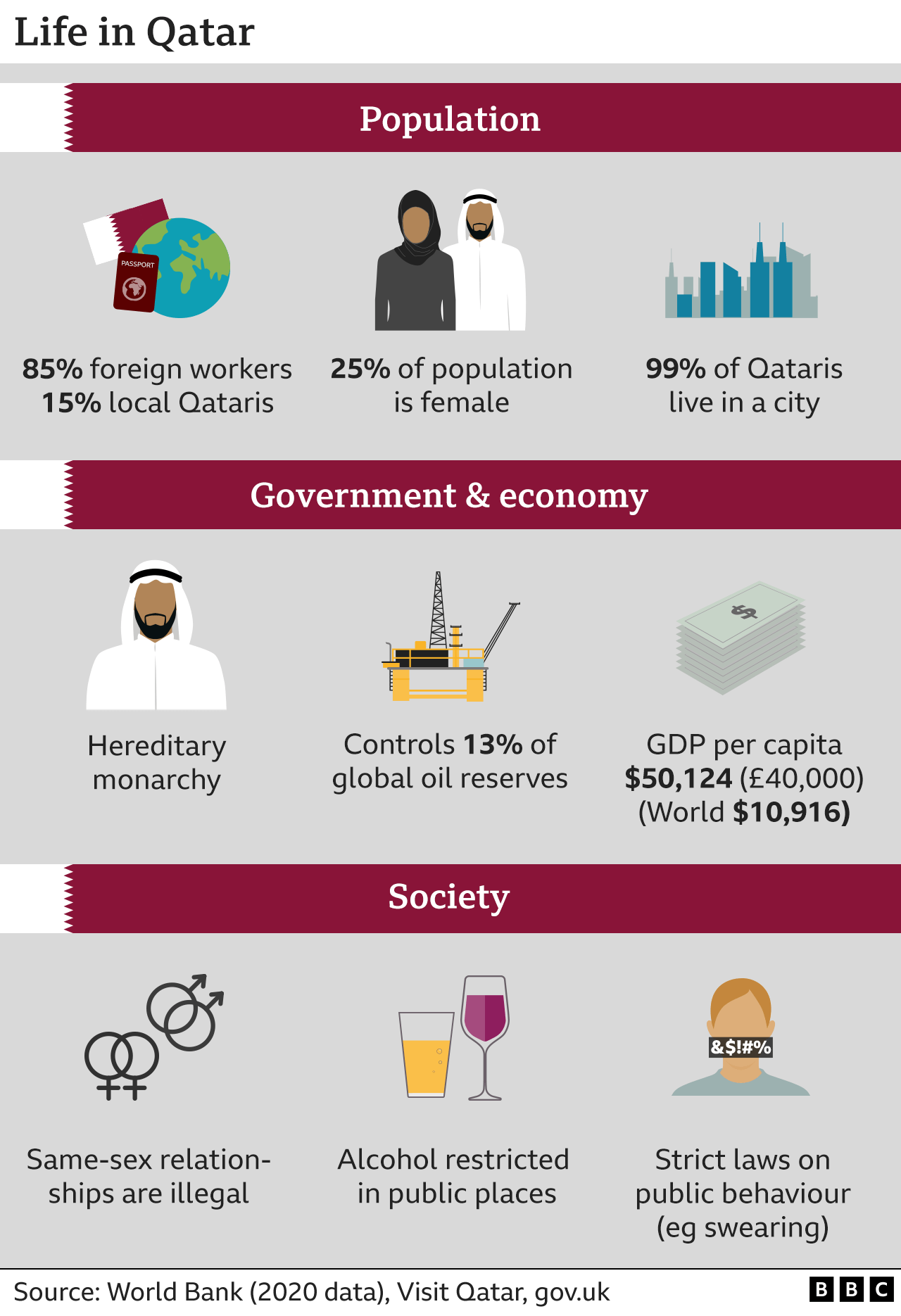
Denmark will also wear a "toned-down" shirt in all black to represent the "colour of mourning" for migrant workers' deaths on World Cup facilities, with the sportswear brand, Hummel, adding it "does not wish to be visible" in a tournament it claims "has cost thousands of lives".
The Australian team have been outspoken in a video message featuring players, calling for "an effective remedy" for migrant workers and the decriminalisation of same-sex relationships.
Mr Mooney said: "I'm not really mad about comparing what each team does compared to another team.
"We're doing our stuff off the pitch in our dialogue as part of the UEFA working group and we are very happy with the progress that we're making in our dialogue and let's see if it delivers the reforms that we hope for rather than seeing who can do the biggest protest."
'It's more than an armband'
Mr Mooney emphasised it was more than just the captain wearing a OneLove armband.
He said the FAW were part of the Uefa working group which were looking at a number of issues, and had discussed the migrant centre and migrant compensation fund with Fifa on a regular basis and with the Qatar Supreme Committee.
He added they had been in talks with First Minister Mark Drakeford and the Welsh government about "our own values, to make sure people are in no doubt where we stand" and engaging with the Qataris on "how they see improvements going as well".
"It's about using the platform not just to criticise all of the time but also to use it as a platform to make it a better world as a result of having the World Cup," he said.
Allow X content?
This article contains content provided by X. We ask for your permission before anything is loaded, as they may be using cookies and other technologies. You may want to read X’s cookie policy, external and privacy policy, external before accepting. To view this content choose ‘accept and continue’.

Seven new stadiums have been built for the event, as well as a new airport, new roads and about 100 new hotels, with 30,000 foreign labourers hired just to build the stadiums.
Most workers came from Bangladesh, India, Nepal and the Philippines.
The Guardian reported 6,500 migrant workers had died since the World Cup bid was won, external in 2010.
However, the Qatari government said the total was misleading, and there were 37 deaths among labourers at World Cup stadium construction sites, only three of which were "work-related".
BBC Arabic has also gathered evidence which suggests Qatar's government has under-reported deaths among foreign labourers.
Sophie Howe, Future Generations Commissioner for Wales, said: "I do question the World Cup being in Qatar, but it is important that those teams which are going are raising the issues of human rights or talking about workers' rights, and are talking about the rights of LGBTQ+ and they are challenging that.
"When Qatar hears the rest of the world raising these issues then that is a powerful message."
Homosexual acts are illegal in Qatar and punishable with a prison sentence of between three and seven years.
Groups representing gay football fans have asked the government of Qatar to "guarantee their safety".
The World Cup's organisers have said that "everyone is welcome" but confirmed Qatar will not relax its laws on homosexuality during the event.
Rev Aled Edwards, a member of the Wales Committee of the Equalities and Human Rights commission, said: "I think the Welsh FA [FAW] has made its view very clear and it has carried that in its documentation that it's given and the values it's promoting.
"They have a solid footing here having long campaigned for human rights long before this tournament caused us to have concerns, but I think while it's right to be concerned we must seek to make an influence that is good and positive and will make a difference a long time from now."
What do fans think?
Football fans attending Bala Town's home match against Aberystwyth Town on Friday night were still concerned about the tournament being held in Qatar.
Bala supporter, Ruth Crump, said: "I'd have loved to have gone but being female, I don't feel comfortable going to Qatar.
"I'm just disappointed it's there. I'd be too worried to enjoy myself there and the risks that runs."
Wales supporter Dylan Huws added: "It's not a good idea holding it in Qatar from what we hear about the way the people who are building the stadiums have been treated.
"Money has talked and that's why it's gone there.
"It would have been better for it to go to a country which has a tradition of football."

LEGENDS OF WELSH SPORT: Some of the greatest and most inspiring stories in Welsh football
TOGETHER STRONGER: The transformation of the Wales football team

Related topics
- Published7 November 2022
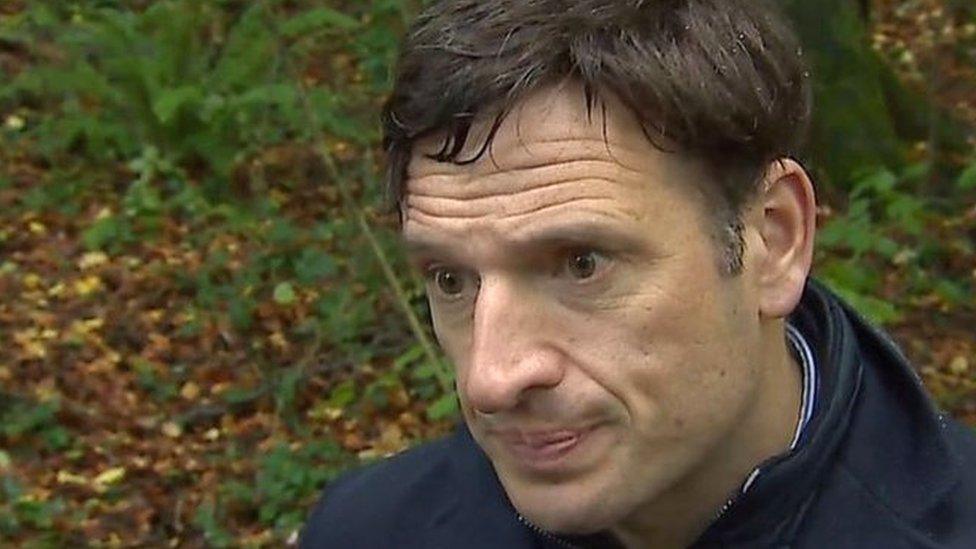
- Attribution
- Published18 November 2022
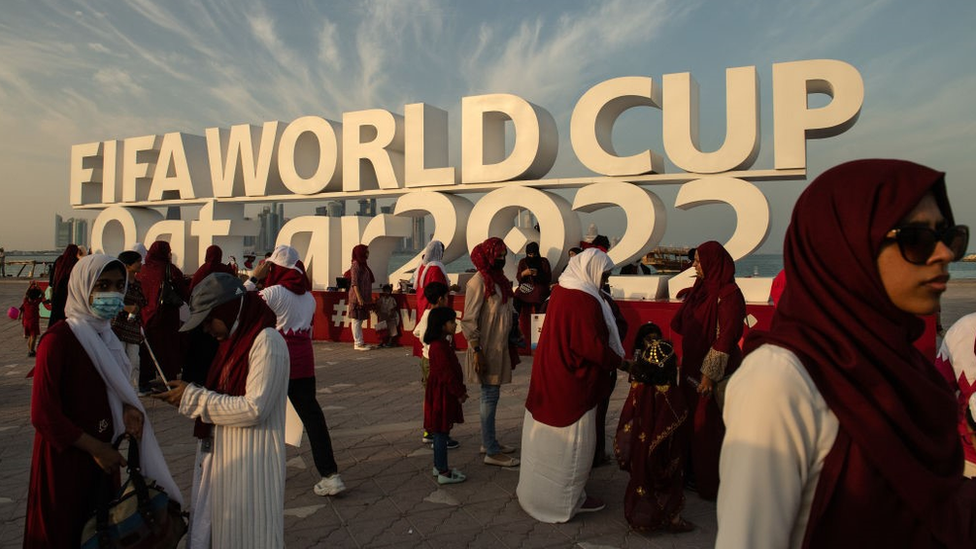
- Published1 November 2022
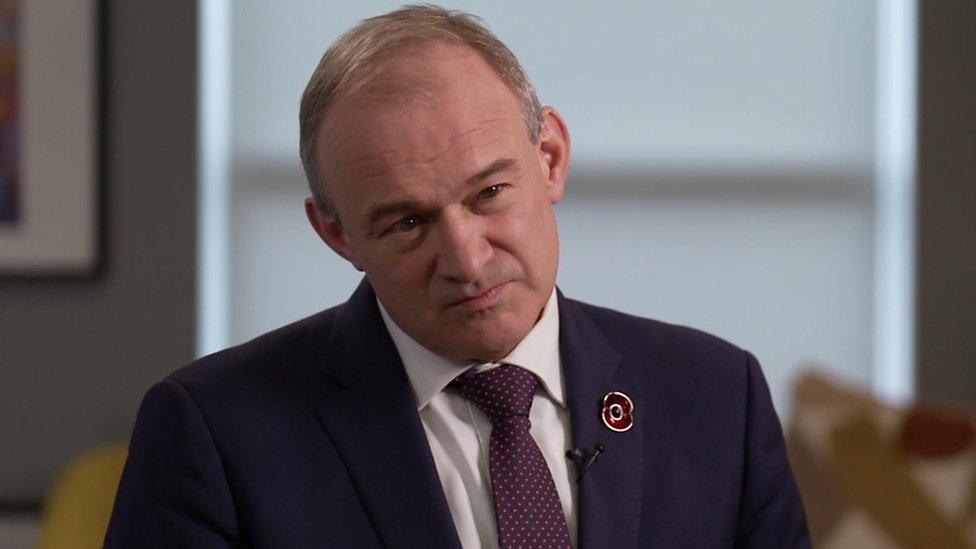
- Published28 October 2022
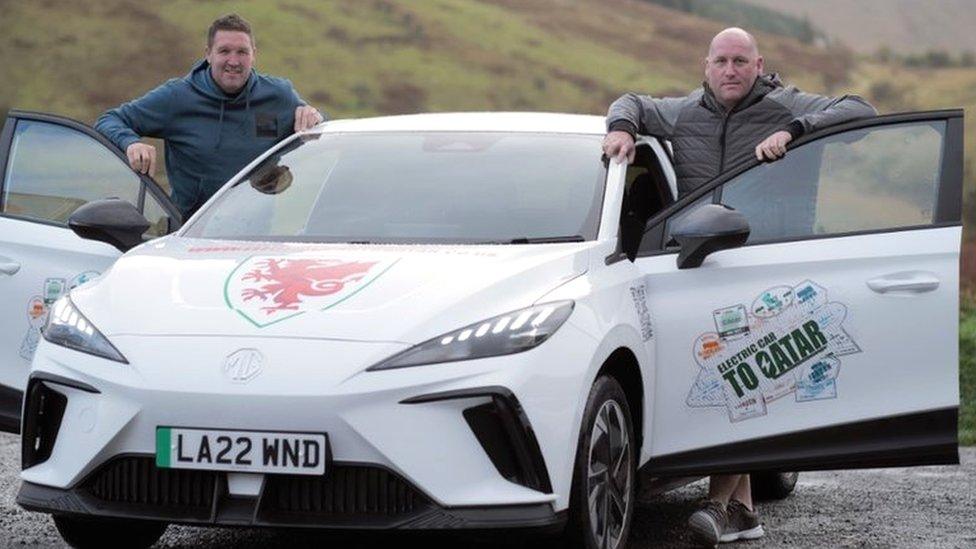
- Attribution
- Published19 July 2021
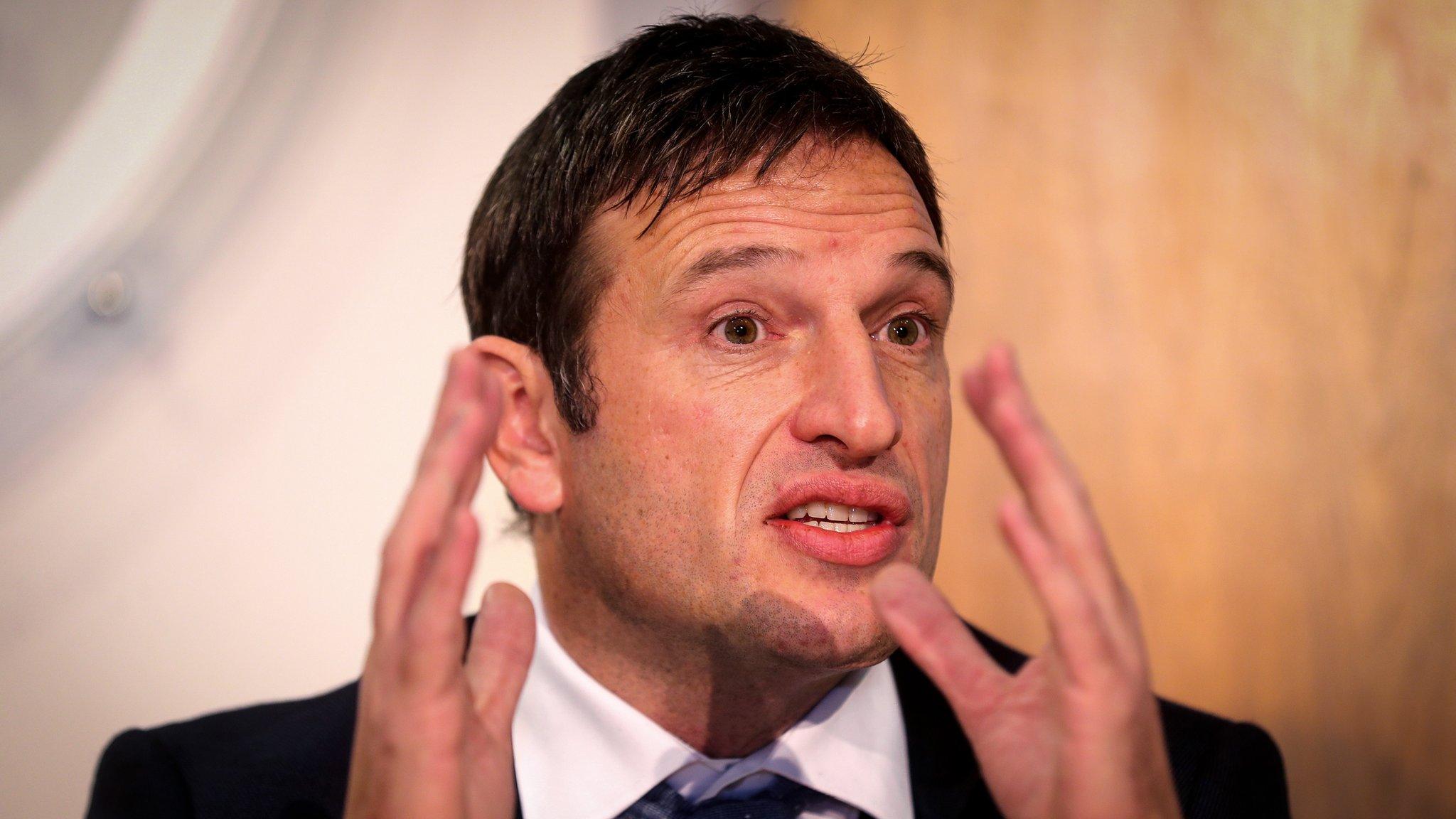
- Published20 October 2022
